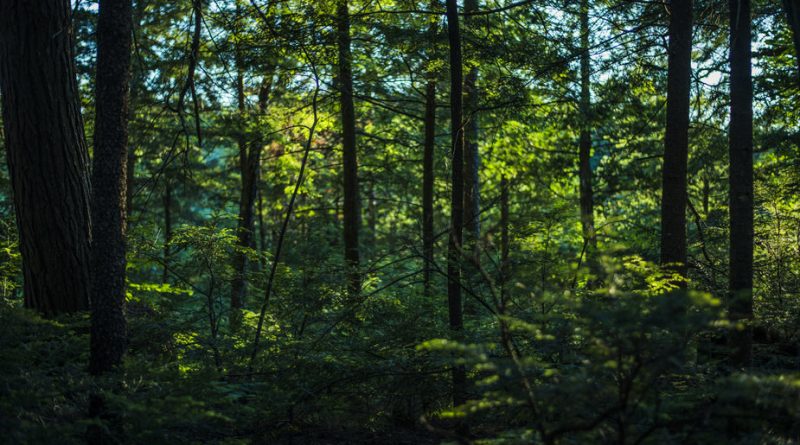Going “Against the Current”: DC’s Environmental Film Festival Returns This Spring
When the cherry blossoms begin to bloom next March, another annual DC tradition will also be bursting into full color… on the screen, that is. The DC Environmental Film Festival (DCEFF), one of the world’s largest and longest-running festivals of its kind, returns March 19–28, 2026, with a powerful new theme: Against the Current.
Now entering its 34th year, the festival has long been a fixture on Washington’s cultural calendar, drawing artists, scientists, policymakers, and environmental advocates from around the globe. This year, its curators are doubling down on what they say is the heart of environmental storytelling: resilience.
Against the Current is about the people — past and present — who refuse to back down in the face of ecological crisis, according to Monica Schorn, DCEFF’s Executive Director.
“This year, we’ll celebrate the grit it takes to face this unprecedented moment for our planet and our city,” she said.
DCEFF is pushing back on setbacks in renewable energy adoption, clean air and water initiatives, and global conservation efforts, with a programming lineup that aims to inspire action. Dozens of new international films will be screened across more than 20 venues throughout the DC metro area, from landmark museums to independent theaters and local universities. Each screening is an invitation to reflect, and then to act.
This isn’t just a festival for cinephiles or policy wonks. With filmmaker panels, science deep-dives, activist roundtables, and year-round events, DCEFF continues to be a bridge between art and activism, grounded in community.
“Whether it’s playing out in front of the camera or behind the scenes, there’s cause for hope,” Schorn says. “We’re so excited for our community to come together next March and find strength and inspiration from each other in this amazing city.”
For Washingtonians used to a constant churn of headlines and hearings, the festival offers a chance to pause, gather, and reimagine what’s possible for our environment, and who gets to shape that future. It’s a moment of both education and catharsis, rooted in the belief that storytelling can still shift tides.
To learn more about the festival, submit a film, or get involved with DCEFF’s year-round programming, visit dceff.org.

